I just finished directing my first musical- Natasha, Pierre, and the Great Comet of 1812- at Somerset County Vo-tech, and what an achievement it was. The student actors delivered powerful vocal talent, emotional range, and physical commitment. I didn’t know (or even really like) the show too much when it debuted in the 2010s, but it grew on me because of its infectious energy and apocalyptic themes.
When I was complimented on the show (an opera), I deferred most praise to our musical director, choreographer, costumer, and tech team. It’s an opera, after all! Without music, lavish costumes, crystal clear sound, and stark lighting, it’s incomprehensible. When pressed, I found I was able to articulate what it meant to me to be a director of this piece: I gave the students the why. To do that, I read War and Peace, read the play over and over, and watched the students intently as they worked through the complicated character arcs the show features. Young though they are, the students were capable of deep and complex interpretation of circumstance. But they often lacked a why. Why doesn’t Pierre kill Anatole? Why does Marya love her god daughter so much? Why does Dolokhov never say a word to the Rostovs in the whole play? By filling in context with my own direction- supported by the text of the play or the source material- I helped the students craft their individual story. Now, watching the deeply deficient video (video never captures live theater well, alas), I see my director’s trademark all over the piece: these student actors know exactly why they are doing what they are doing, and that makes all the difference.
